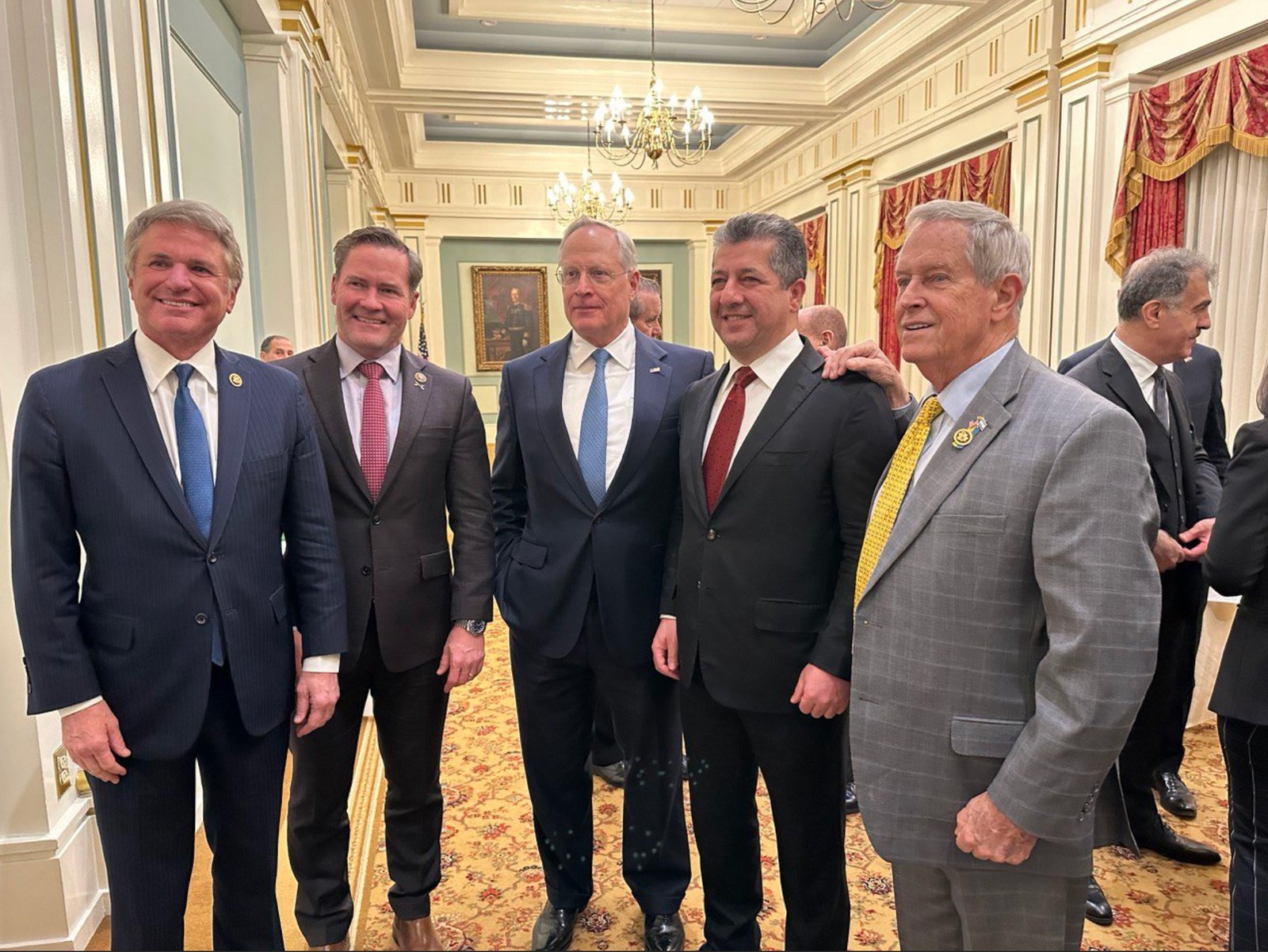What Does the Barzani–Waltz Call Reveal About US Strategy on KRG Oil?

According to the Kurdistan Regional Government (KRG), Prime Minister Masrour Barzani spoke with US National Security Advisor Mike Waltz two days ago. While such diplomatic exchanges are routine, the call raises several interesting points. Most notably, the conversation has only been reported by the KRG—there is no mention of it on any official U.S. platforms, including Waltz’s or the National Security Council’s accounts. This does not necessarily mean the call didn’t happen; it most likely did. However, the absence of any statement from the U.S. side is noteworthy, especially when compared to Waltz’s conversation with Iraqi Prime Minister Mohammed Shia al-Sudani on March 9, which he publicly posted about on his official X account.
Another noteworthy detail is Waltz’s continued push for the resumption of KRG oil exports via Turkey—a point he also reportedly raised with the Iraqi Prime Minister. This suggests a coordinated effort by Washington to pressure both Baghdad and Erbil to reach a compromise. Negotiations have been ongoing between Iraq, the KRG, and the international oil companies operating in the Kurdistan Region, with U.S. diplomats present at the table. This suggests that Washington is actively trying to facilitate a middle-ground solution to expedite the restart of KRG oil exports. Within less than a month, both the U.S. Secretary of State and the National Security Advisor have engaged directly with PM Sudani, and now Waltz has spoken with Barzani. A central theme in all these engagements appears to be the restart of oil exports.
The US strategy appears primarily aimed at countering Iran rather than directly intervening in Iraq-KRG relations. Currently, KRG oil is unofficially transported to Iran via tankers, and the US seeks to eliminate Iranian oil revenue while minimizing market disruption. A complete halt in exports would likely trigger severe destabilization in the KRG, given that its contracts with international oil companies grant the latter significant leverage—especially if revenues dry up.
Moreover, the Trump administration maintains friendly relations with Turkey and favors this export route. Iraq also stands to benefit as it currently pays the KRG’s budgetary share without receiving proportional returns. At the same time, Iraq is currently incurring daily fines—amounting to millions of dollars—owed to Turkey due to the halt in oil exports, as stipulated in a 1980s-era agreement. The key issue remains the technical and political details that need to be resolved among all parties.
Another striking element in the KRG’s readout of the call is the explicit reference to Waltz urging the swift formation of the new KRG cabinet. This level of openness about foreign involvement in what is ostensibly an internal political process speaks volumes about the degree to which the KRG functions as a quasi-polity whose internal mechanisms—down to cabinet formation—are heavily influenced by external actors.
Interestingly, within the KRG’s domestic political context, such foreign intervention is not only normalized but often celebrated. Media outlets affiliated with Masrour Barzani have portrayed U.S. interest in the cabinet formation as a diplomatic success. While Turkish and Iranian influence in these negotiations is also acknowledged, U.S. involvement is discussed with a more relaxed, even boastful tone. This reflects the historical roots of the KRG, which was effectively established during the post-Gulf War unipolar moment, under a U.S.-enforced no-fly zone—a foundational narrative that still shapes its self-perception.
It is also worth noting that Mike Waltz has long-standing ties with the KRG, particularly with Masrour Barzani. He previously led the Kurdish-American Congressional Caucus, which functioned as a semi-lobbying platform for the KRG within Washington. Many of its members have been staunchly pro-Israel and aligned with hardline, anti-Iran positions—further underscoring the ideological underpinnings of Waltz’s engagement.









